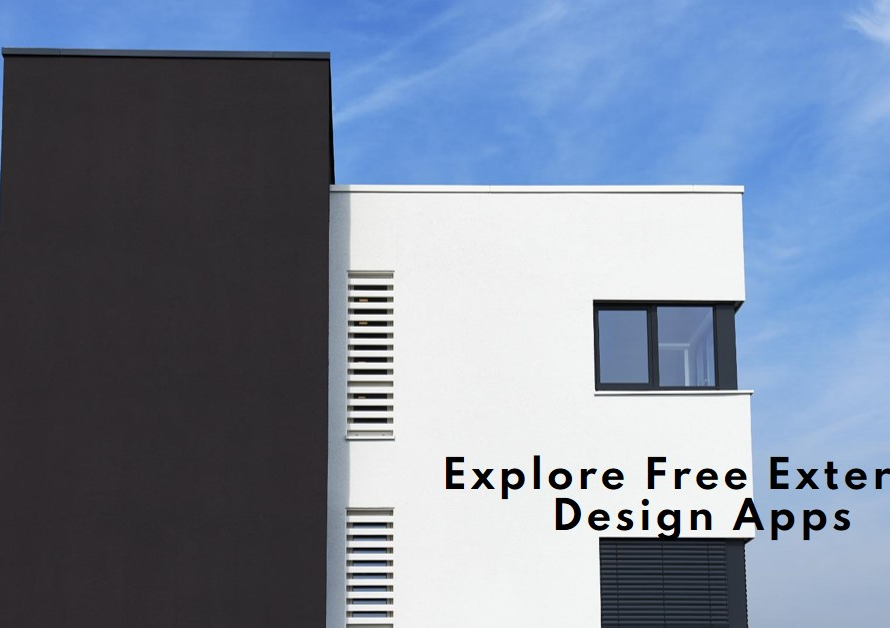
Table of Contents
Introduction to Sustainable Future:
In an era where the consequences of unsustainable practices loom large, the imperative for building a sustainable future has never been more pressing. With the global community setting ambitious development goals, from eradicating poverty to combating climate change, the path to achieving these objectives demands concerted effort and strategic action. This blog post embarks on a journey through the intricacies of sustainable development, exploring the pivotal role of innovation, collaboration, and resilience in paving the way for a brighter tomorrow.
The Foundation of Sustainable Development:
At the heart of sustainable development lies the recognition of the interconnectedness between economic growth, social equity, and environmental preservation. This holistic approach emphasizes the importance of balancing progress with responsibility, ensuring that present actions do not compromise the well-being of future generations. By prioritizing inclusive policies, investing in education and healthcare, and promoting environmental stewardship, societies can lay a sturdy foundation for sustainable development.
Fostering Innovation for Sustainable Solutions:
Innovation stands as a beacon of hope in the quest for sustainable development. From renewable energy technologies to eco-friendly agricultural practices, groundbreaking innovations offer pathways to address pressing challenges while minimizing environmental impact. By nurturing a culture of creativity and supporting research and development initiatives, communities can unlock the transformative potential of innovation, propelling progress towards the attainment of development goals.
Collaborative Partnerships:
Bridging Boundaries for Impact: No single entity can single-handedly tackle the multifaceted challenges of sustainable development. Collaboration across sectors, borders, and disciplines is indispensable in harnessing collective expertise and resources for maximum impact. Through strategic partnerships between governments, businesses, civil society organizations, and academia, synergies can be leveraged to accelerate progress towards shared objectives, fostering a more inclusive and resilient future.


Empowering Communities:
Local Action, Global Impact: At the grassroots level, communities serve as the driving force behind sustainable development efforts. Empowering individuals and local organizations to take ownership of development initiatives not only fosters a sense of ownership and pride but also ensures that solutions are tailored to the unique needs and contexts of each community. By amplifying the voices of marginalized groups, promoting gender equality, and investing in grassroots capacity building, communities can become catalysts for positive change on a global scale.
Resilience in the Face of Adversity:
In an ever-evolving world fraught with challenges, resilience emerges as a defining characteristic of sustainable development. Building resilience entails not only preparing for and mitigating risks but also fostering adaptive capacity and bouncing back stronger in the face of adversity. By integrating resilience-building measures into development strategies, such as disaster risk reduction, social safety nets, and climate adaptation initiatives, societies can weather storms and emerge more robust and resilient than before.
Harnessing Technology for Sustainable Impact:
The digital revolution has ushered in a new era of possibility, offering unprecedented opportunities to advance sustainable development goals. From big data analytics to blockchain solutions, technology holds immense potential to enhance transparency, efficiency, and accountability in development efforts. By harnessing the power of technology for social good, communities can overcome barriers, bridge gaps, and accelerate progress towards a sustainable future.
Education as a Catalyst for Change:
Education lies at the heart of sustainable development, serving as a catalyst for empowerment, innovation, and social change. By equipping individuals with the knowledge, skills, and mindset to navigate complex challenges and seize opportunities, education lays the groundwork for a more prosperous and sustainable future. Investing in quality education for all, promoting lifelong learning, and fostering critical thinking and problem-solving skills are essential components of building resilient and inclusive societies.
The Road Ahead:
Charting a Course for Transformation: As we chart the course towards a sustainable future, the road ahead is fraught with challenges and uncertainties. Yet, it is also brimming with potential and promise. By embracing innovation, fostering collaboration, empowering communities, and building resilience, we can overcome obstacles and realize our collective vision of a world where prosperity is shared, ecosystems are safeguarded, and every individual has the opportunity to thrive. Together, let us embark on this journey of transformation, paving the way for a brighter tomorrow for generations to come.
Conclusion:
In the pursuit of sustainable development, every action we take today shapes the world of tomorrow. By embracing the principles of innovation, collaboration, and resilience, we can navigate towards a future where development goals are not just aspirations but lived realities. Let us stand as stewards of our planet, champions of progress, and architects of change, as we work together to build a sustainable future for all.


